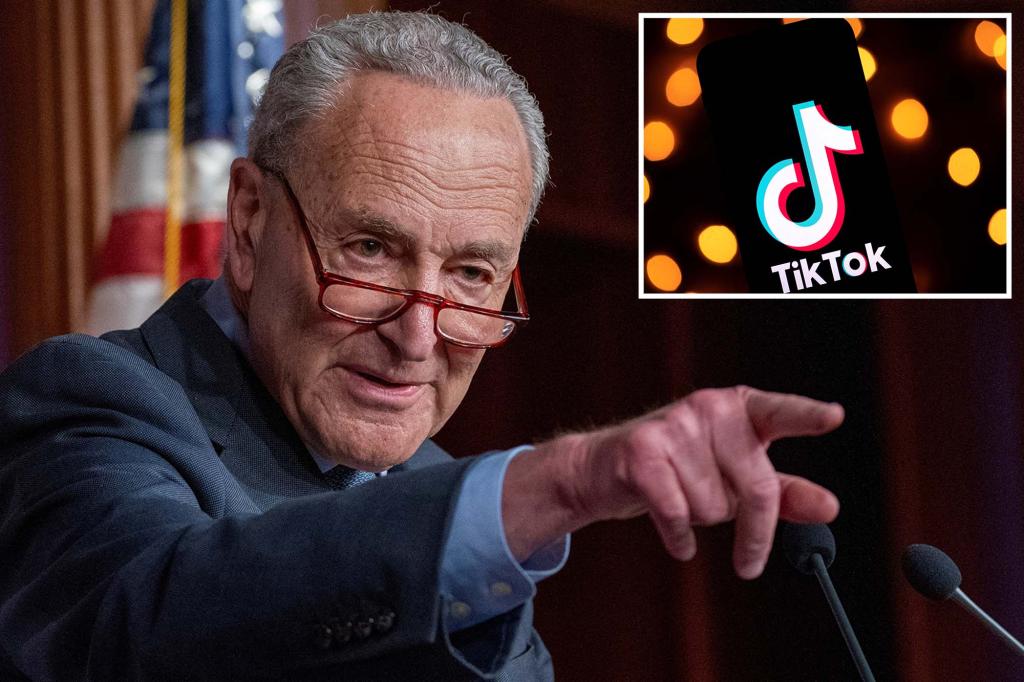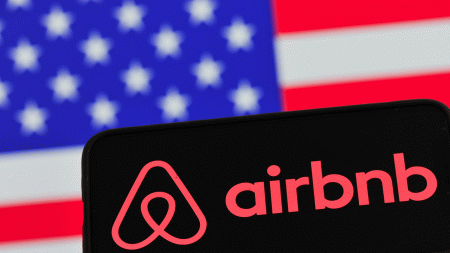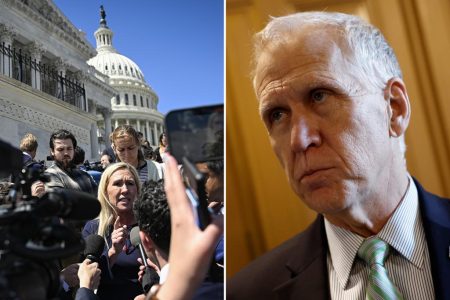The House of Representatives has passed a bill that will ban TikTok in the United States unless its Chinese owner divests from the company. The ban was included in a $95 billion foreign aid package for Ukraine, Israel, and Taiwan. The bill has received little attention but is considered inevitable to become law. Around 150 million Americans use TikTok, and there are concerns among lawmakers about the influence of its Chinese Communist owners on the platform.
TikTok has received negative attention for promoting controversial content, including Osama Bin Laden and encouraging dangerous behavior among users. Additionally, after Hamas’ terrorist attack in Israel, the platform was accused of promoting propaganda and possibly radicalizing young Americans towards Islamic terrorism. Lawmakers see the forced sale of TikTok as a bipartisan effort against the Chinese Communist Party’s influence.
In March, the House passed a similar TikTok bill with broad bipartisan support, which has been stalled in the Democratic-led Senate. Majority Leader Chuck Schumer has expressed support for curbing TikTok’s influence, citing privacy concerns and the influence of Chinese Communist Party laws. The TikTok ban is now included in the foreign aid package, making it likely that the Senate will pass the measure quickly and send it to President Biden for approval.
The new TikTok ban allows the company nine months to divest, with a possible extension to a year by the president, before facing a nation-wide ban. This means that the full consequences of the ban will not come into effect until after the 2024 presidential election. The previous legislation would have only allowed a six-month window, and Democrats, in particular, rely on TikTok to mobilize younger voters to the polls.
The ban on TikTok is seen as a necessary measure to combat the influence of the Chinese Communist Party and protect the privacy of American citizens. Lawmakers believe that TikTok has been used as a tool for information warfare and radicalization, and divesting from the Chinese owner is a way to address these concerns. The TikTok ban is expected to pass through the Senate quickly and be signed into law by President Biden.
Overall, the TikTok ban has bipartisan support as a necessary step to protect American citizens from potential foreign influence and control. The ban is seen as a way to address concerns about radicalization and propaganda being promoted on the platform, and lawmakers are confident that the divestment requirement will help safeguard privacy and national security. The Senate is expected to move swiftly on the legislation, ensuring that the ban will be implemented before the 2024 presidential election.















